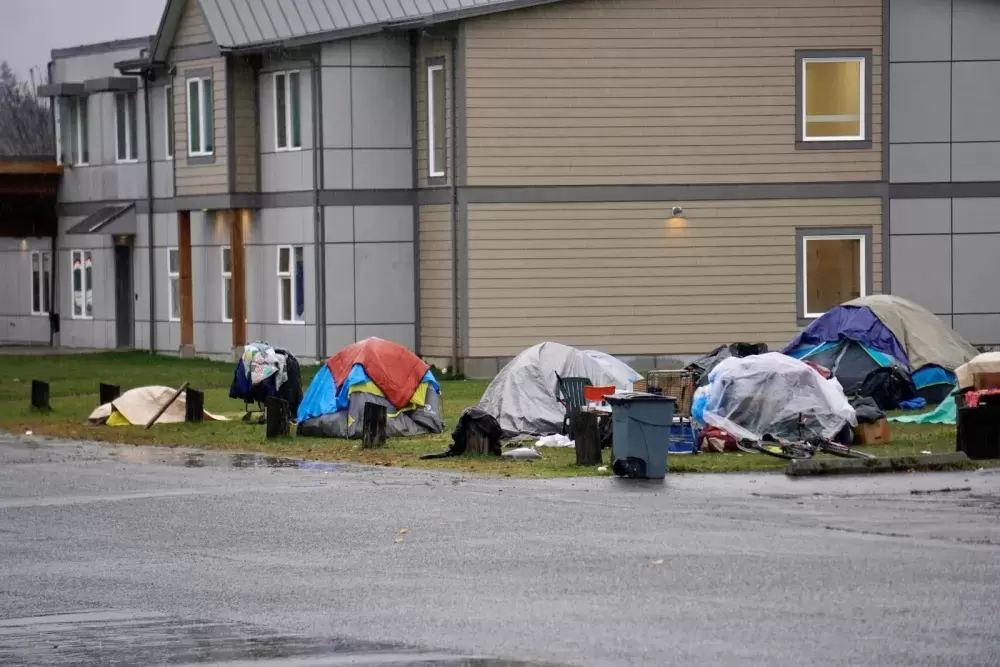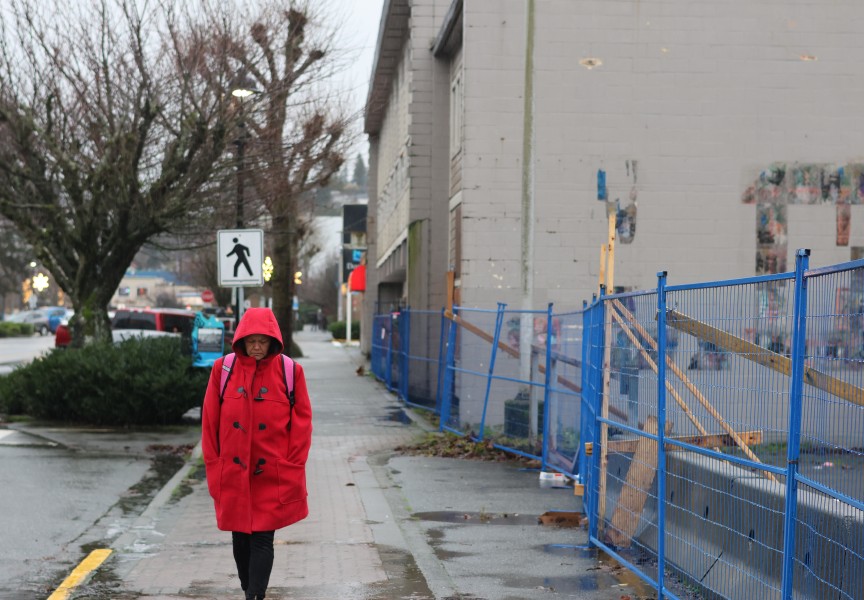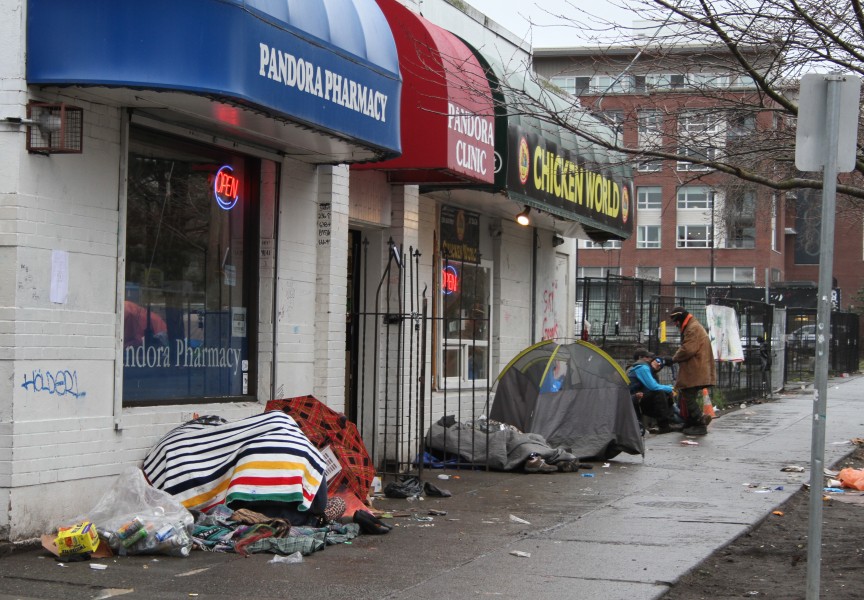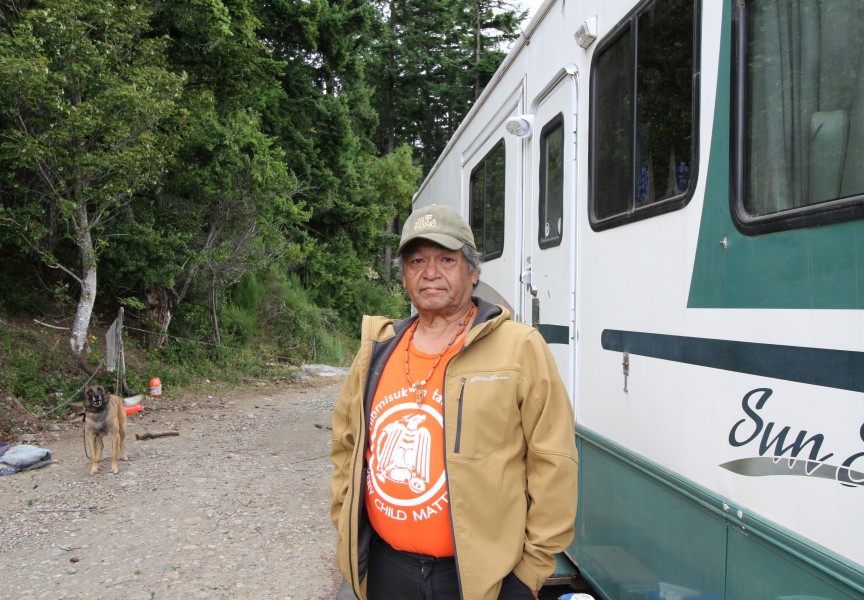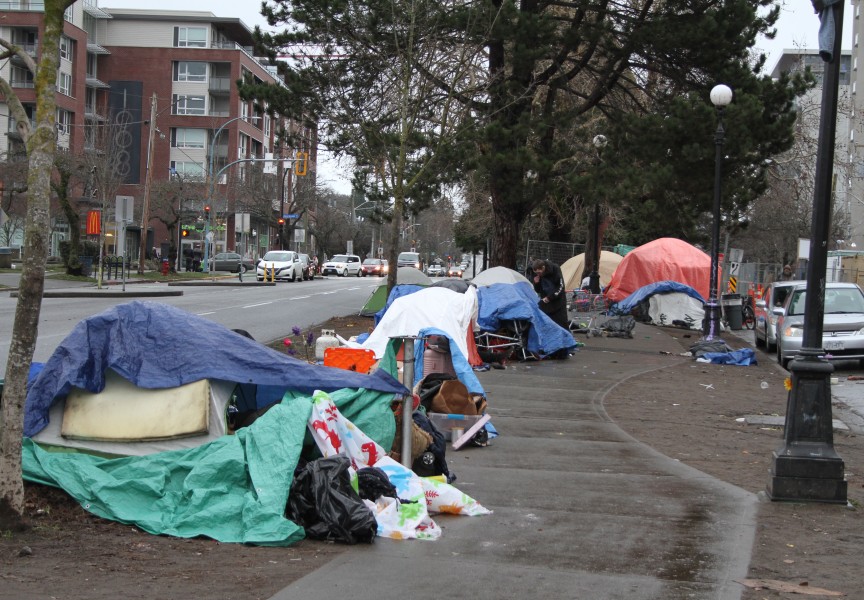This winter, the Province of British Columbia is providing more than 1,900 temporary shelter spaces and nearly 360 extreme weather response shelter spaces to ensure people experiencing homelessness have a warm place to sleep and can get out of the cold and rain.
These emergency shelters supplement more than 2,250 permanent year-round shelter spaces open throughout B.C.
The temporary shelters will be open every night during the season, many of them 24/7, with meals provided. Some have already opened, with more opening this month and later this season.
The extreme weather response shelters, which typically open each year from Nov. 1 until March 31, are available overnight when a community issues an extreme weather alert. This year, the province gave non-profit groups access to funding as early as Oct. 1 to allow shelters to open in communities already experiencing extreme weather.
Communities outline what weather conditions warrant an extreme weather alert and determine the number of extreme weather spaces to activate on any night, depending on the capacity of existing shelters and the estimated need.
These emergency shelter programs are made possible through partnerships with communities and non-profit groups throughout the province to provide temporary but immediate places to stay for anyone who is experiencing or at risk of homelessness.
More shelters may be added throughout the winter when needed.
In addition to these shelters, BC Housing has partnered with health authorities, municipalities and other housing partners to secure more than 1,900 additional spaces in 43 communities, where people experiencing homelessness can self-isolate and recover from COVID-19.
In Port Alberni, 20 temporary shelter spaces will be available throughout the winter at the former Port Alberni Shelter Society building on Eighth Avenue and 15 spaces will be available at the new shelter—Our Home on Eighth. In addition, eight more temporary spaces could become available at the former shelter location is an extreme weather alert is activated.
On Vancouver Island, Victoria will offer the most temporary shelter spaces throughout the winter months. There will be 241 temporary shelter spaces available this winter in Victoria between seven shelter locations.
Grant McKenzie, Victoria’s Our Place Society’s director of communications, says there’s always a need for more shelter spaces.
“The challenge is staffing and the increased challenges of the unhoused population that we are seeing,” McKenzie said.
He said in response to COVID-19, the society and BC Housing opened a 24/7 emergency response shelter with 45 spaces—which is currently full. Sixty more spaces were made available at the 225 Russell Street location by the province for temporary spaces throughout the winter.
McKenzie said roughly 30 per cent of the population the Society serves identifies as Indigenous.
A 2020 point-in-time homeless count recorded 1,523 people in Greater Victoria as homeless. The count found that 35 per cent (299 people) of all respondents identify as Indigenous. Of those respondents, one half are First Nations with status. Nearly 80 per cent of aboriginal respondents identified the Indigenous community they are from, and more than 100 communities from across the country were listed. Forty-five respondents identified as Nuu-chah-nulth.
Of the Indigenous respondents, 84 per cent disclosed experiencing chronic homelessness, meaning they have been homeless for six or more months in the past 12 months.
More than one third (36 per cent) were sleeping outdoors on the night of the count (March 11, 2020), and 71 per cent were single or had no family members staying with them that night.

